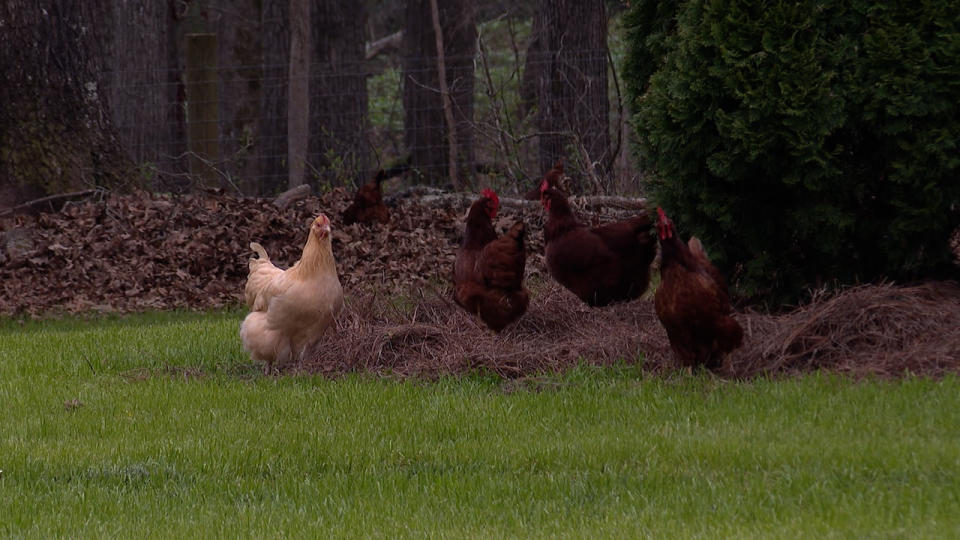York County farmer explains new Chick-fil-A chicken policy

CLOVER, S.C. (QUEEN CITY NEWS) — For the last decade, Chick-fil-A executives stood by their “No Antibiotics Ever” stance regarding their chicken.
But the fast-food giant’s bosses reversed that approach on Monday. Their new policy is “No Antibiotics Important to Human Medicine” or NAIHM.
It’s something Andrew Shumate with Clover’s Eden Farms understands.
Trump is selling ‘God Bless USA’ Bibles
“There’s two ways to raise a chicken: Number one, if a chicken gets sick, you apply antibiotics and you can keep them in the population and continue on,” Shumate said. “Or number two, such is the way we do it at Eden Farms and the way Chick-fil-A’s past suppliers have been, you remove the chicken from the population and you treat it naturally. Unfortunately, that requires more time and effort and sometimes can increase the cost.”
Shumate says when these kinds of shifts occur, it causes the consumer to think about what’s going in their bodies. And he says that’s a good thing.


“It does help the local market, local farmers, when people think about the food they’re putting in their bodies when they had those conversations around the dinner table, ‘What do we want to eat?’” Shumate says. “Healthier food and healthier meat that’s not only grown healthier, but it’s local.”
Chick-fil-A executives notified customers of the switch through the restaurant’s app with a page called “Our Chicken Commitment.”
It states the commitment is rooted in their selectiveness of chicken, maintaining high animal well-being standards, and continuing to evaluate their approach. Federal agriculture regulators say antibiotics in chickens “prevent disease and increase feed efficiency.”
“I think it’s they made a decision based on financial and supply,” Shumate said. “There are less and less natural growers every year in this country. And with the demand of their product increasing, it was bound to happen at some point.”
Shumate says he cannot say whether Chick-fil-A’s chicken will taste any different with the change.
“Strictly what we do is we eat whatever we supply to the community,” he said. “Therefore, we want the healthiest and the best food for ourselves as well as the community. We’ve always said a happy chicken is a tasty chicken, and we believe that.”
For the latest news, weather, sports, and streaming video, head to Queen City News.

